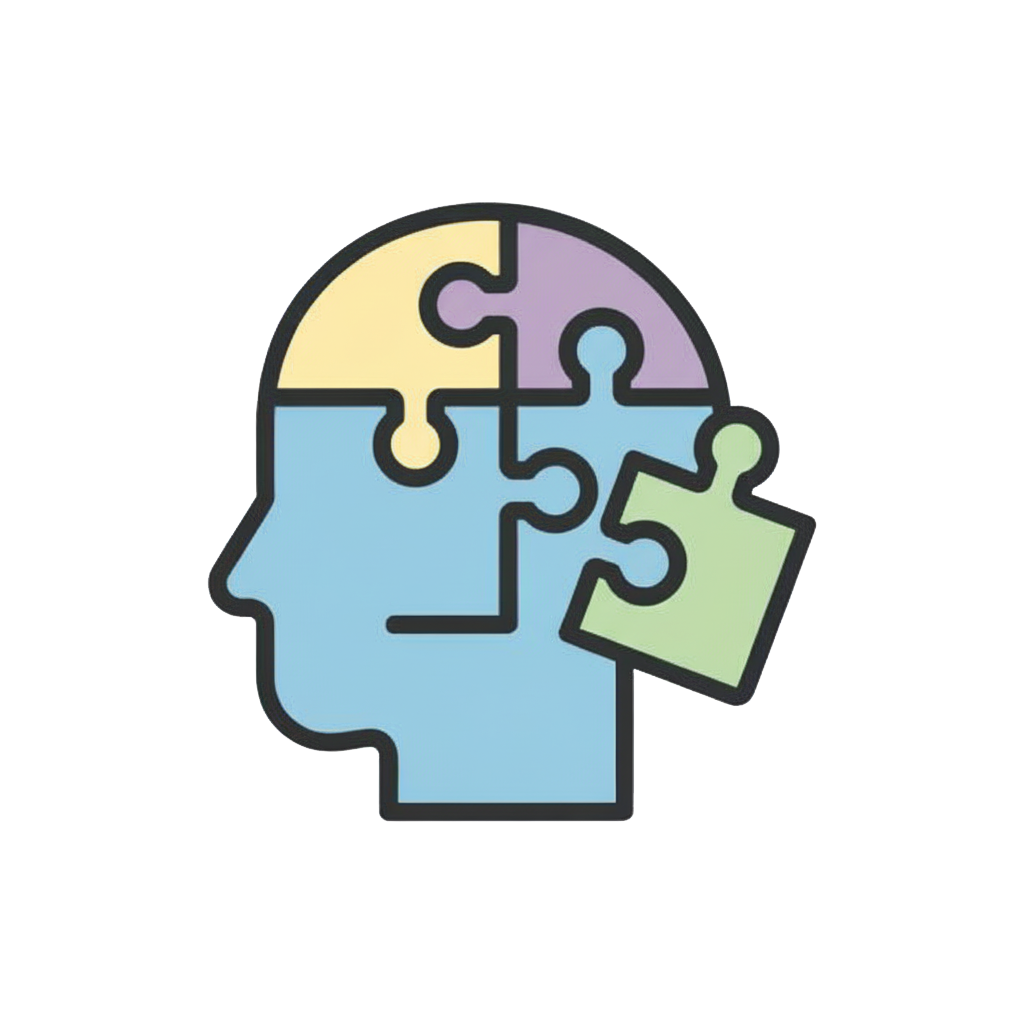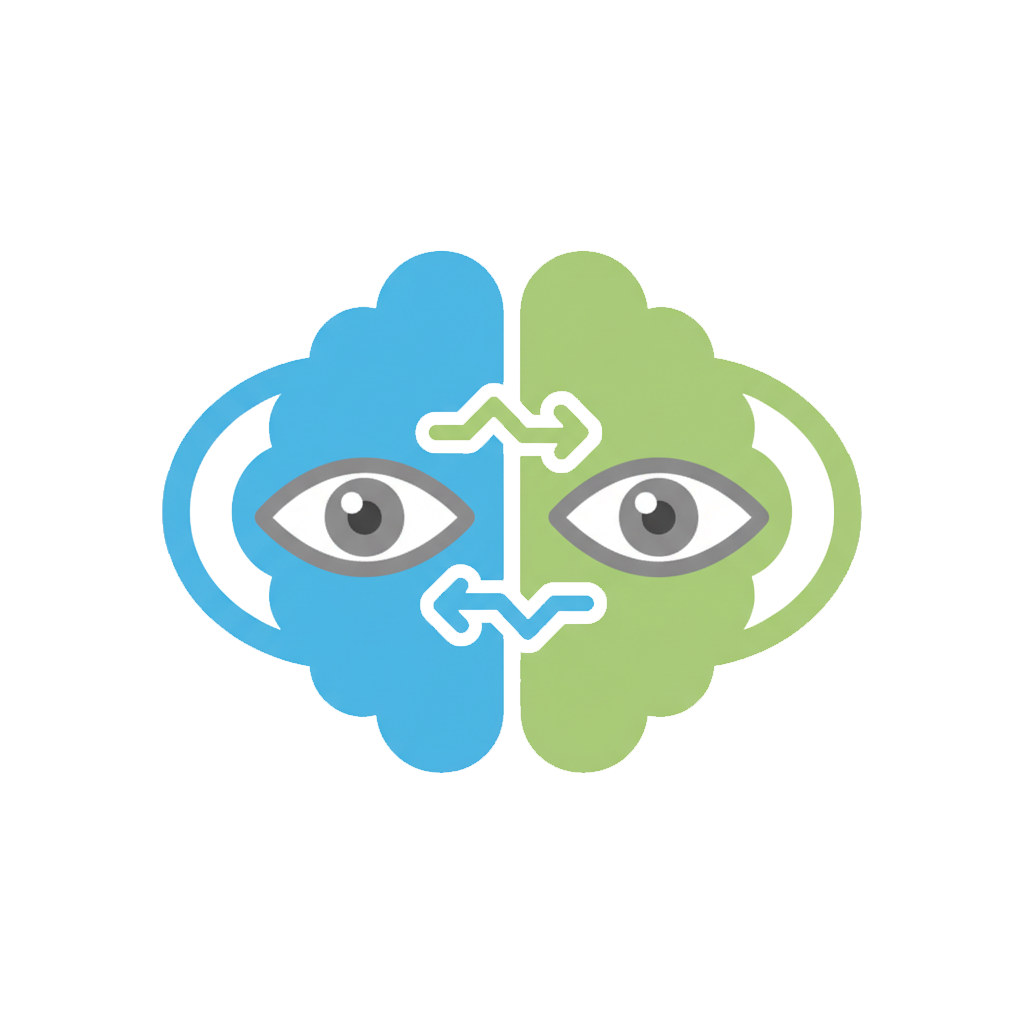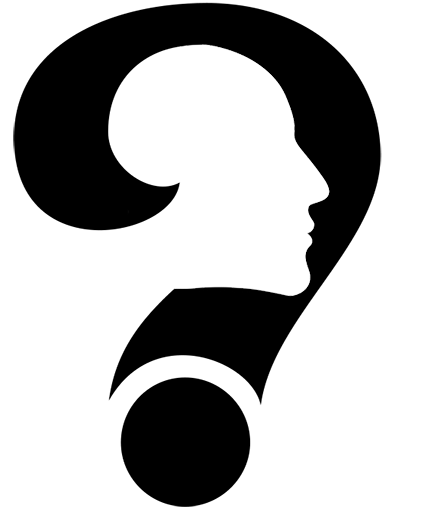
Mental Health Wellness
Mental Health Wellness refers to a state of positive psychological well-being in which a person can cope with the normal stresses of life, recognize and manage their emotions, maintain fulfilling relationships, make constructive choices, adapt to change and set-backs and feel a sense of purpose, balance and resilience.
One of the above mentioned parameters is measured by your ability to release emotional and psychological steam in puffs rather than in eruptions. How does that sound to you? Already there? Great!
For others, mental health wellness starts by accepting that life is not fair. We all face the challenges of whatever life throws at us. The trick to good mental health is having the ability to recognize the triggers and to master the ability to decide how, when, and to what degree we will deal with whatever bothers us. Releasing frustration and anger by puffs or spewing lava—the decision is ours.
Good friends are the best therapy prevention intervention. Alternatively, the interweb (yes, I know the internet…) provides much information on self-help and improvement. Please, be careful when you do your research and don’t believe everything you read or watch for that matter. Particularly, if it comes from individuals who have no formal training in mental health care. I encourage you to verify the people and data that you find. I recommend that in case your symptoms do not decrease and keep bothering you (or your loved ones), you may want to consider talking to a mental health care professional.
Many therapists offer free consultations. I strongly encourage you to take advantage of these free opportunities.
-

Cognitive Behavioral Services (CBT)
Cognitive Behavioral Services focus on identifying and changing negative thought patterns and behaviors to improve emotional well-being and develop healthier coping strategies. These services are evidence-based and tailored to address a variety of mental health concerns.
-

Individual Therapy
Individual therapy is a confidential process where a person works one-on-one with a therapist to explore thoughts, feelings, and behaviors in order to improve mental health and personal well-being. It provides a safe space for self-reflection, growth, and problem-solving.
-

EMDR Therapy
EMDR (Eye Movement Desensitization and Reprocessing) therapy is a structured approach that helps individuals process and heal from traumatic memories by using guided eye movements or other bilateral stimulation. It aims to reduce the emotional distress associated with those memories and promote adaptive coping.
-

Existentialism
Addresses the big questions. The why. The how. Existentialism is a philosophy that emphasizes individual existence, freedom, and choice. It holds that existence precedes essence, meaning individuals are born without pre-defined meaning or purpose, and must create their own value and meaning through their choices and actions.
-

Solution Based Brief Therapy
Solution-Focused Brief Therapy (SFBT) is a short-term, goal-directed therapeutic approach that concentrates on a client's current strengths and resources to construct practical solutions for the future, rather than dwelling on the history or analysis of the problem itself. It operates on the belief that clients are the experts of their own lives and possess the necessary skills to achieve positive change.
